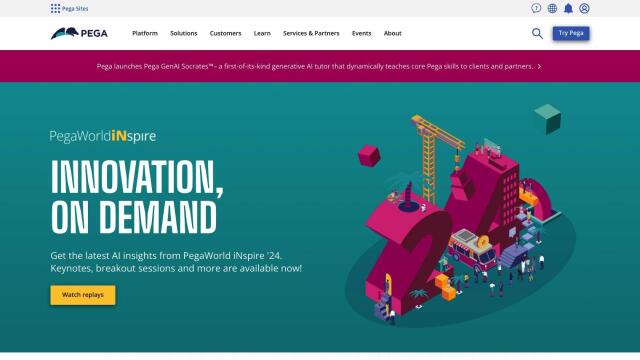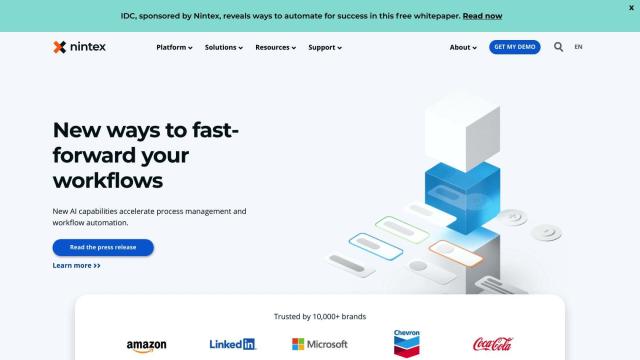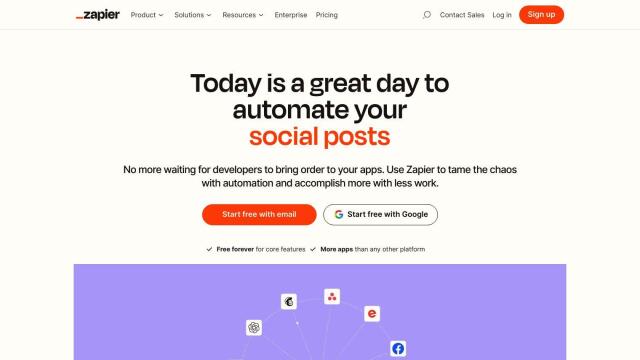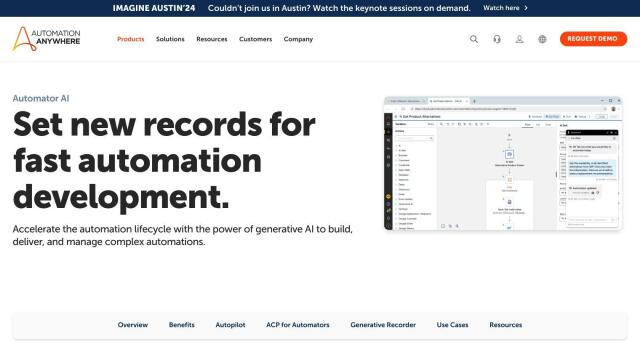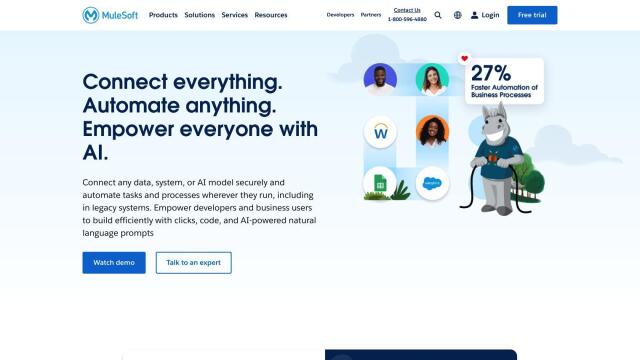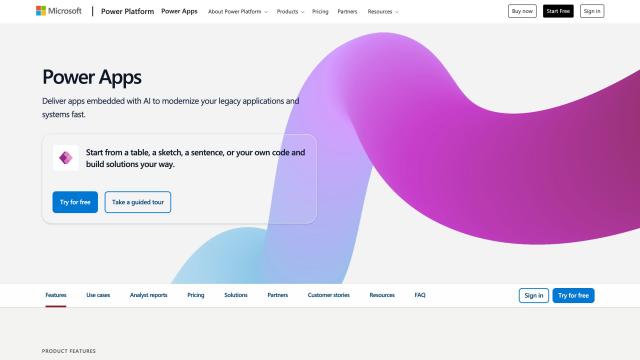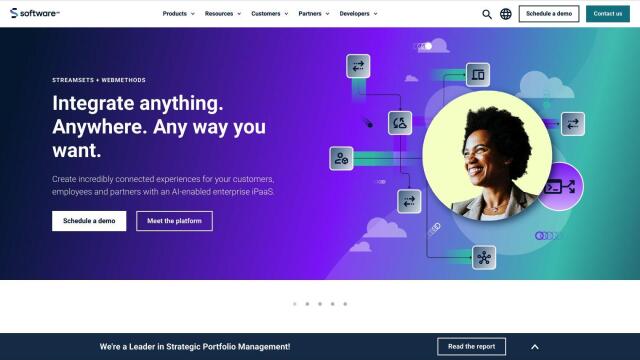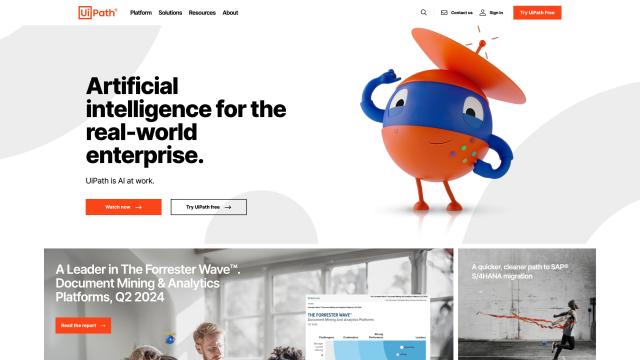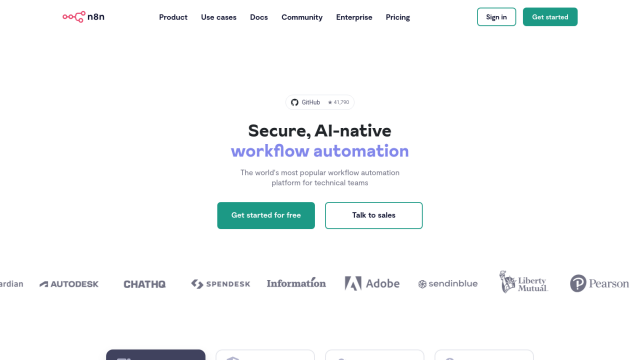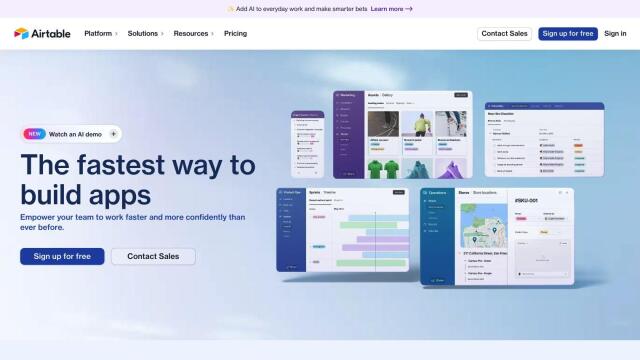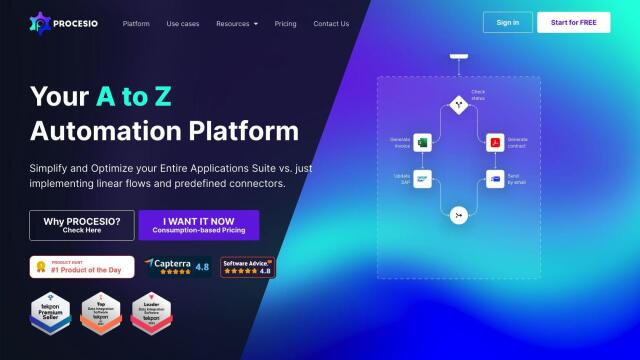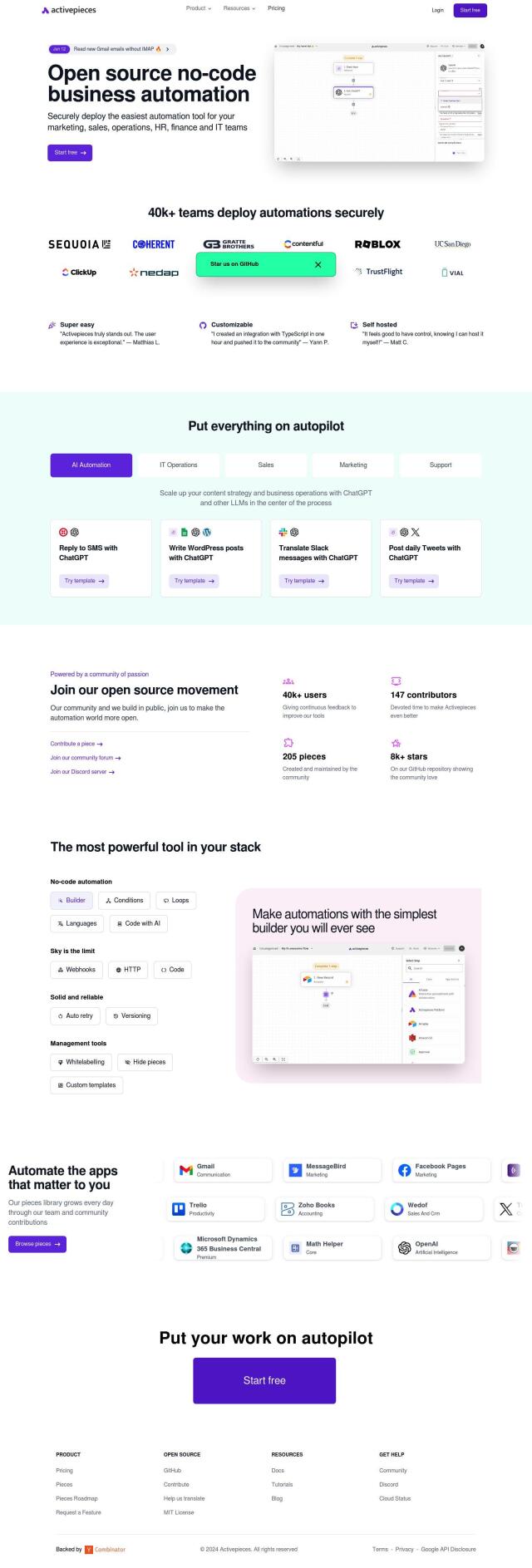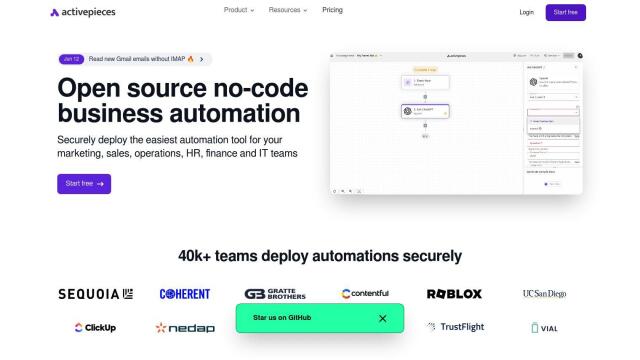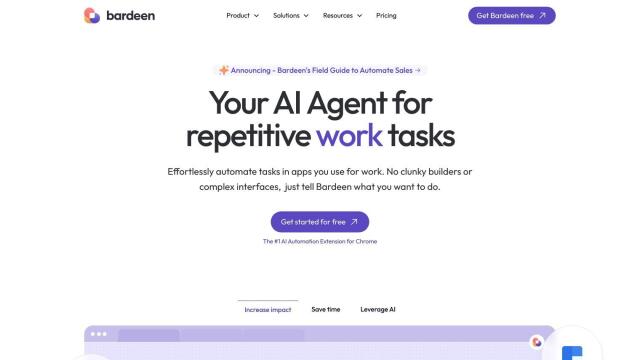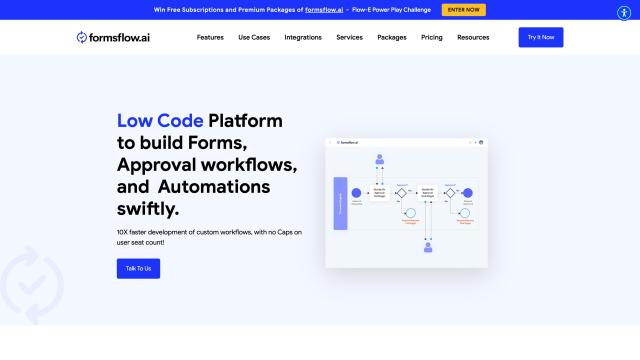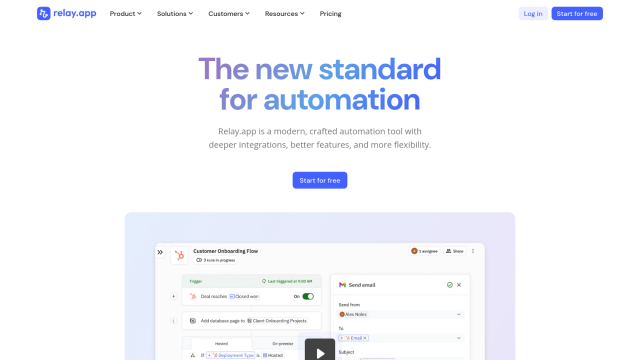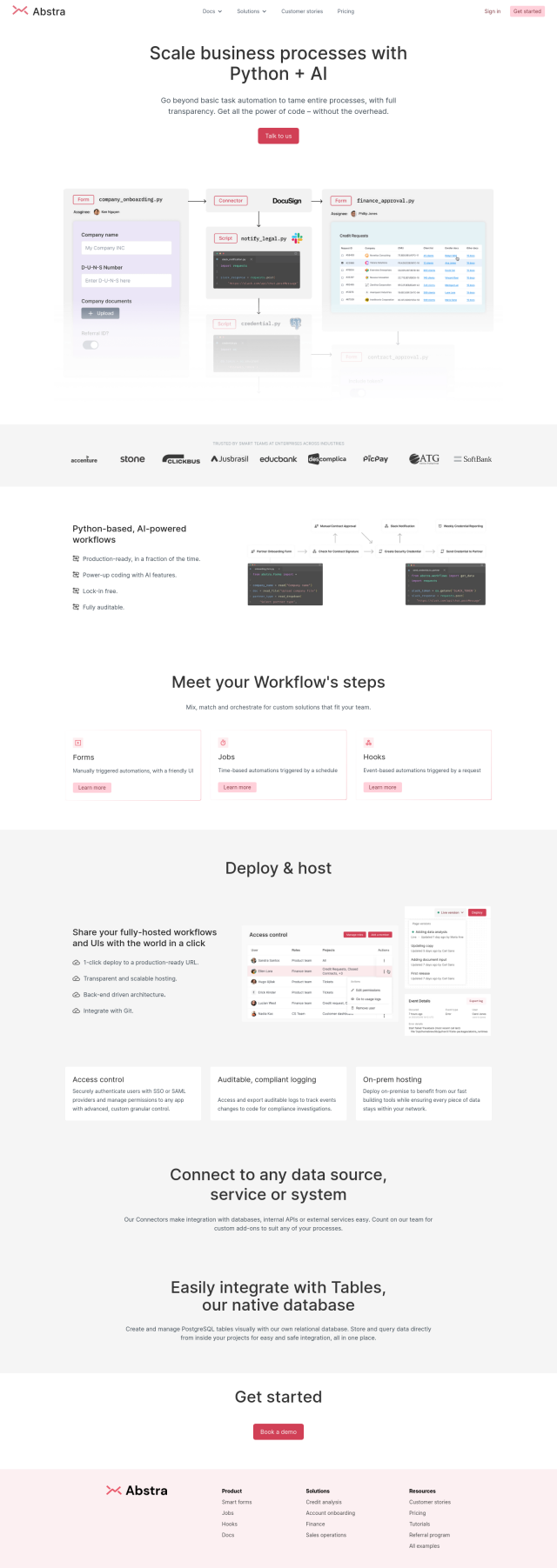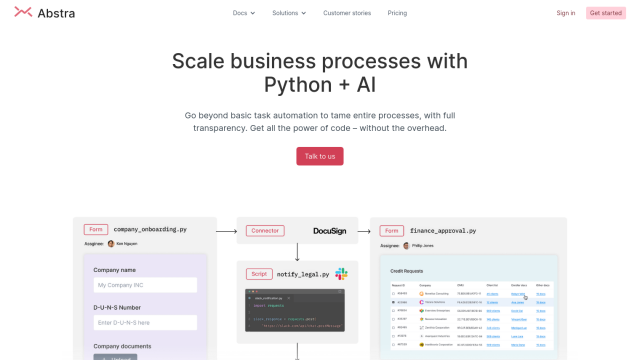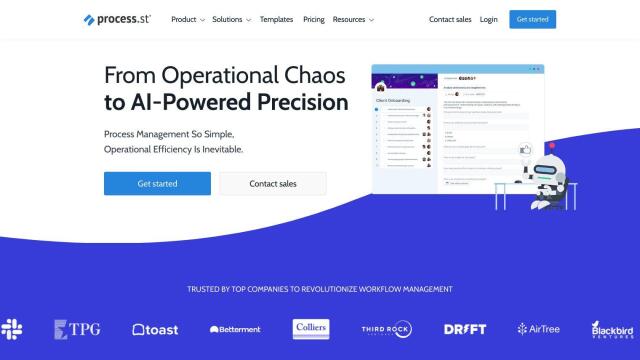Question: I'm looking for a platform that can create custom workflows for our business needs and integrate with our existing ERPs and databases - can you suggest one?

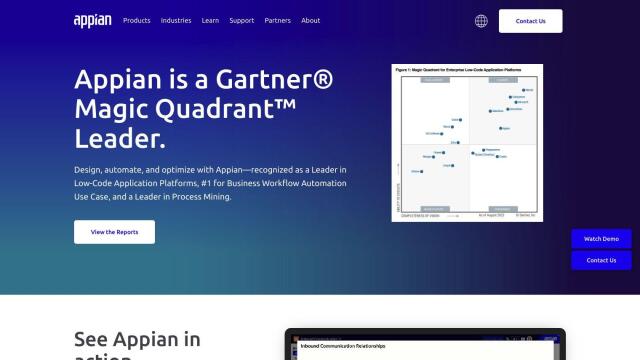
Appian
If you need a platform to build custom workflows that integrate with your own ERPs and databases, Appian is a top contender. This low-code process automation platform lets both techies and non-techies design and automate business processes across many industries. With data integration through Data Fabric, process automation with RPA, AI and API connections, and process mining to spot bottlenecks, Appian offers a scalable and reliable foundation for projects that can be delivered in eight weeks or less. Industry analysts like Gartner have named Appian a leader, and it's used in Financial Services, Public Sector, Insurance and Life Sciences.

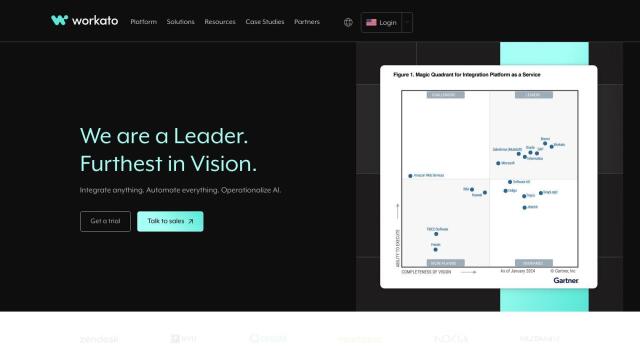
Workato
Another contender is Workato, an automation platform that can handle integration and automation for IT, marketing, HR, finance, sales and support teams. With more than 1200 pre-built connectors and accelerators, Workato can help you overcome tool sprawl and connect to a broad range of apps. Its AI tools democratize transformation, and its container-based architecture means it scales automatically. Workato also has strong security controls and a community of automation experts, making it a good choice for automating complex workflows and tackling integration backlogs.

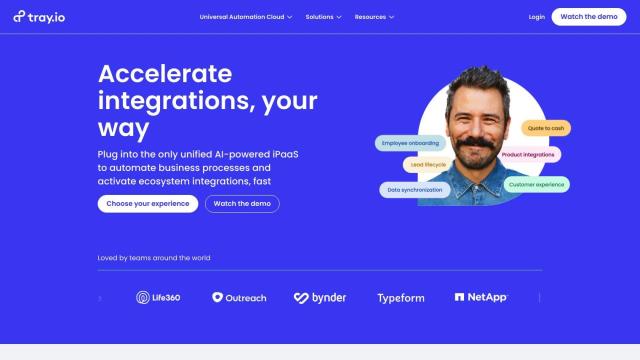
Tray
Tray is another contender, particularly if you're looking for a low-code or no-code way to integrate and automate business processes. Tray offers a single platform for building, integrating and automating workflows across on-premise and cloud-based systems. With AI-powered tools, strong governance and security controls and a flexible pricing model, Tray is a good fit for companies that want to increase productivity and simplify integrations across many industries.

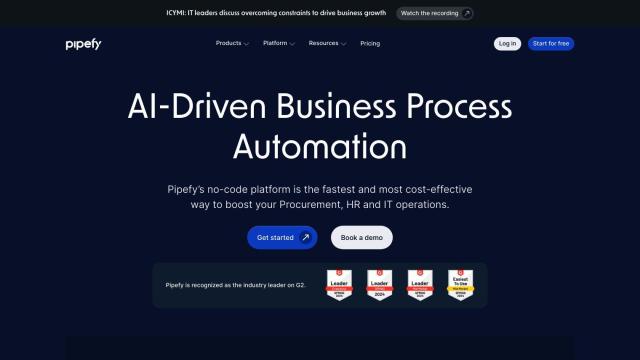
Pipefy
Last, Pipefy is a low-code business process automation software that can be used to manage and automate workflows in HR, Procurement and IT operations. With AI-powered tools for workflow optimization and 300 native connectors, Pipefy offers real-time visibility into data and enterprise-level security. The platform is particularly useful for reducing process management time and complexity, making it a good fit for teams that want to increase productivity through structured workflows.

